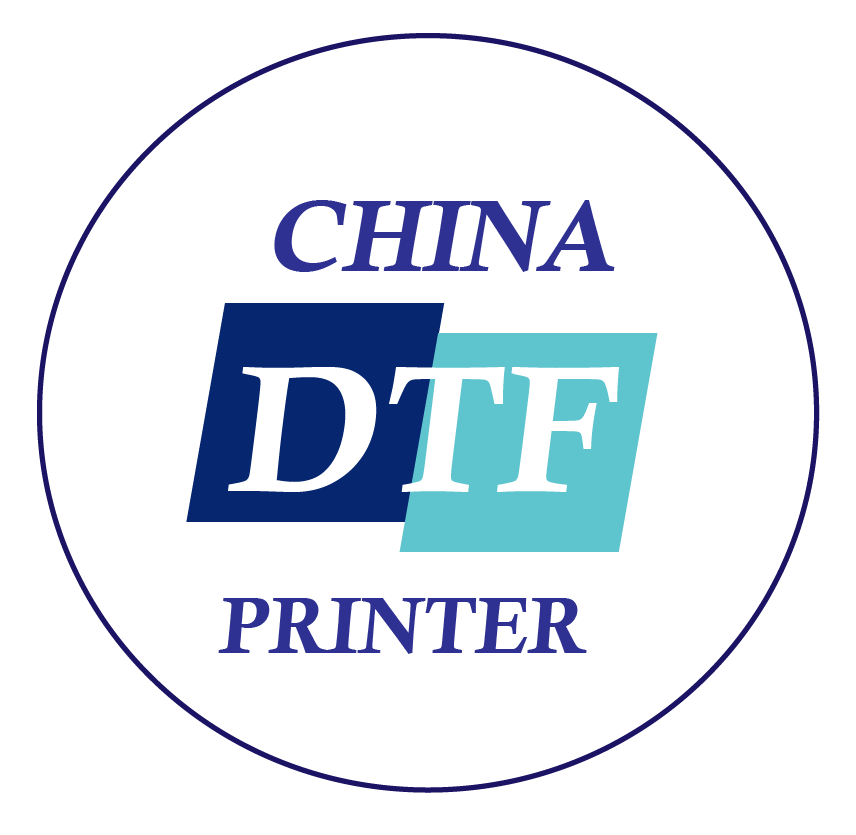In the ever-evolving world of fashion and custom apparel, the Direct to Film (DTF) shirt printer has emerged as a groundbreaking technology, transforming the way designers, businesses, and consumers approach personalized clothing. This technology not only democratizes fashion customization but also introduces a new level of efficiency, quality, and environmental friendliness. This article explores the advent of DTF printing, its advantages over traditional printing methods, its application in the industry, and the potential future developments it heralds.
The Advent of DTF Technology
Direct to Film printing technology, a relatively recent innovation in the textile printing industry, represents a significant leap from conventional printing techniques like screen printing and Direct to Garment (DTG). Unlike these older methods, DTF printing involves printing a design onto a special film, which is then transferred onto the fabric using a heat press. This process has dramatically simplified the customization of textiles, making it accessible to a broader range of creators and entrepreneurs.
Advantages of DTF Printing
Quality and Versatility
One of the most compelling advantages of DTF printing is the quality and durability of the prints. Designs produced by DTF printers are vibrant, detailed, and resistant to fading, even after multiple washes. Moreover, DTF technology is versatile, capable of printing on a wide variety of fabrics and colors, including dark textiles where other methods struggle.
Efficiency and Cost-Effectiveness
DTF printing streamlines the production process, allowing for rapid turnaround times without the need for pre-treatment processes required by DTG printing. This efficiency is particularly beneficial for small businesses and startups, reducing the barrier to entry in the custom apparel market. Additionally, the cost-effectiveness of DTF printing enables businesses to offer competitive pricing, further expanding their market reach.
Environmental Impact
Another significant advantage of DTF printing is its reduced environmental footprint. Traditional textile printing methods often involve toxic chemicals and substantial water usage. In contrast, DTF printing is cleaner, utilizing less water and producing fewer waste products. This eco-friendly aspect aligns with the growing consumer demand for sustainable products, offering businesses an opportunity to appeal to environmentally conscious customers.
Application in the Industry
The impact of DTF printing technology extends across various sectors of the fashion and apparel industry. From small-scale designers and online retailers to large fashion brands, DTF printers have enabled a more agile and creative approach to apparel design and production.
Custom Apparel Businesses
For businesses specializing in custom apparel, DTF printing has been a game-changer. It allows for low minimum order quantities, making it economically viable to offer personalized products without the need for large inventory stocks. This capability has fueled the growth of online platforms that offer made-to-order clothing, further expanding the custom apparel market.
Fashion Designers
Independent designers and fashion startups have also embraced DTF printing, as it allows them to experiment with limited-edition runs and intricate designs without significant upfront investment. This technology empowers designers to quickly respond to trends and consumer preferences, promoting a more dynamic and innovative fashion landscape.
The Future of DTF Printing
As DTF technology continues to advance, its potential applications within and beyond the fashion industry seem boundless. Future developments may include further improvements in print quality and durability, expansion into new materials, and integration with digital design tools to further streamline the production process.
Moreover, the continued emphasis on sustainability could drive innovations in eco-friendly inks and recyclable films, reinforcing the role of DTF printing in promoting a more sustainable fashion industry.
Conclusion
The DTF shirt printer has undeniably revolutionized the custom apparel industry, offering unprecedented quality, efficiency, and flexibility. As the technology evolves, its impact is set to expand, promising a future where personalized fashion is accessible to all, produced sustainably, and limited only by the imagination. The DTF printing revolution is not just about the technology itself but about how it enables creativity, sustainability, and inclusivity in fashion, marking a significant step forward in how we think about and create personalized apparel.
